
- United States
- United Kingdom
- Canada
- Australia
- Netherlands/Ireland
- High School
- University
- Research Institute
- Conditional Admission
- Community College
- Public College
- Private College
- Junior High School
- High School
- United States
- United Kingdom
- Canada
- Australia
- Netherlands/Ireland
- High School
- University
- Research Institute
- Conditional Admission
- Community College
- Public College
- Private College
- Junior High School
- High School
Radboud University Nijmegen
Radboud University Nijmegen
Nijmegen
Founded in 1923
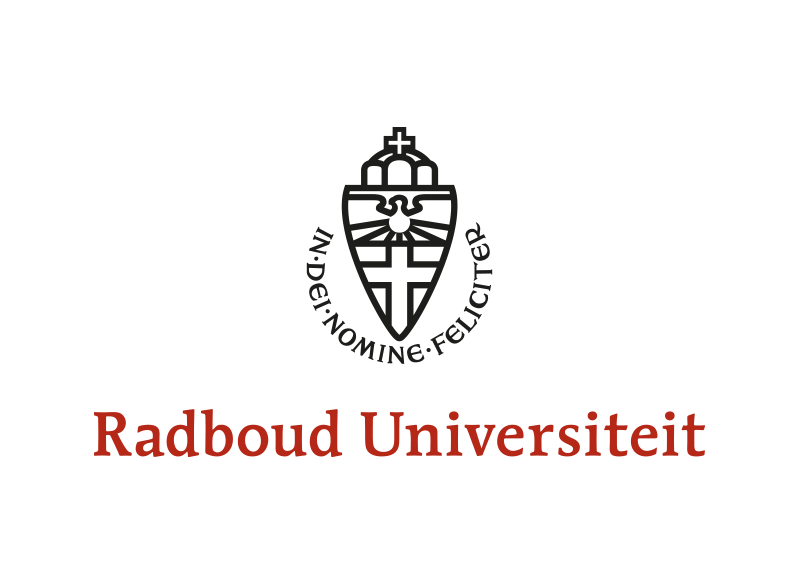
School Info
School Introduction
Radboud University Nijmegen, located in Nijmegen, the oldest city in the Netherlands, is one of Europe's leading research universities and ranks among the top 100 universities in the world. Nijmegen is situated at the border between the Netherlands and Germany, with a history spanning over 2,000 years. The city has a population of approximately 750,000, with 150,000 living in the city center. Nijmegen is home to many historical landmarks, including the town hall, a viewing platform on the city walls, and numerous ancient churches. In the 2019 U.S. News World University Ranking, Radboud University Nijmegen was ranked 99th. The university has seven faculties and 15 research institutes. The seven faculties are the Faculty of Science, Faculty of Arts, Faculty of Law, Faculty of Management, Faculty of Social Sciences, Faculty of Philosophy, Theology, and Religious Studies, and the Medical Department. The university’s Donders Institute for Brain, Cognition, and Behavior is a leading academic research center in psycholinguistics and neurocognition in Europe. The institute employs over 600 scientists, including 10 members of the European Academy of Sciences. The university also houses the High Field Magnet Laboratory (HFML), one of the major research centers for high magnetic fields worldwide. The HFML has more than 300 researchers, including five European Academy of Sciences members and two Nobel laureates in Physics. Radboud University Nijmegen’s medical center is also one of Europe's most influential academic medical centers.


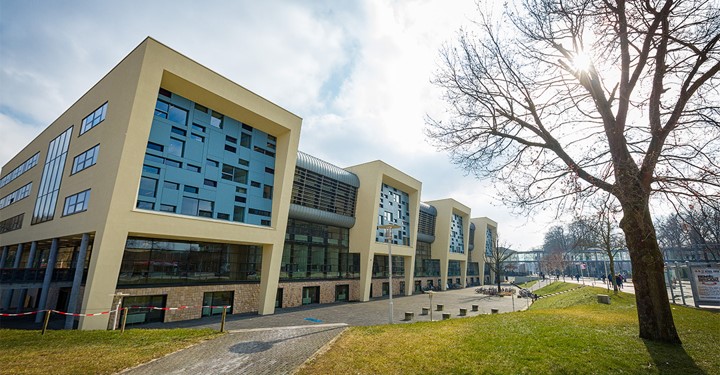
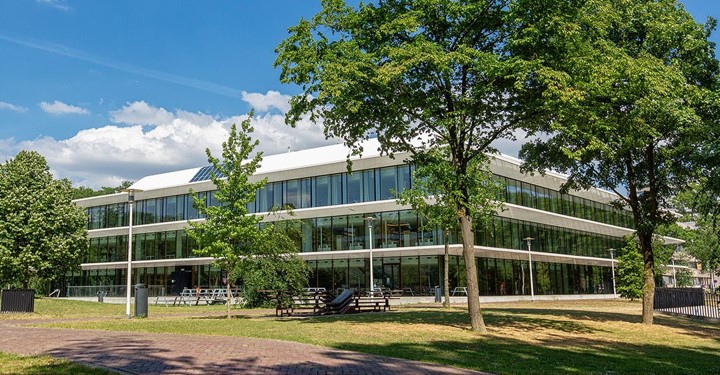
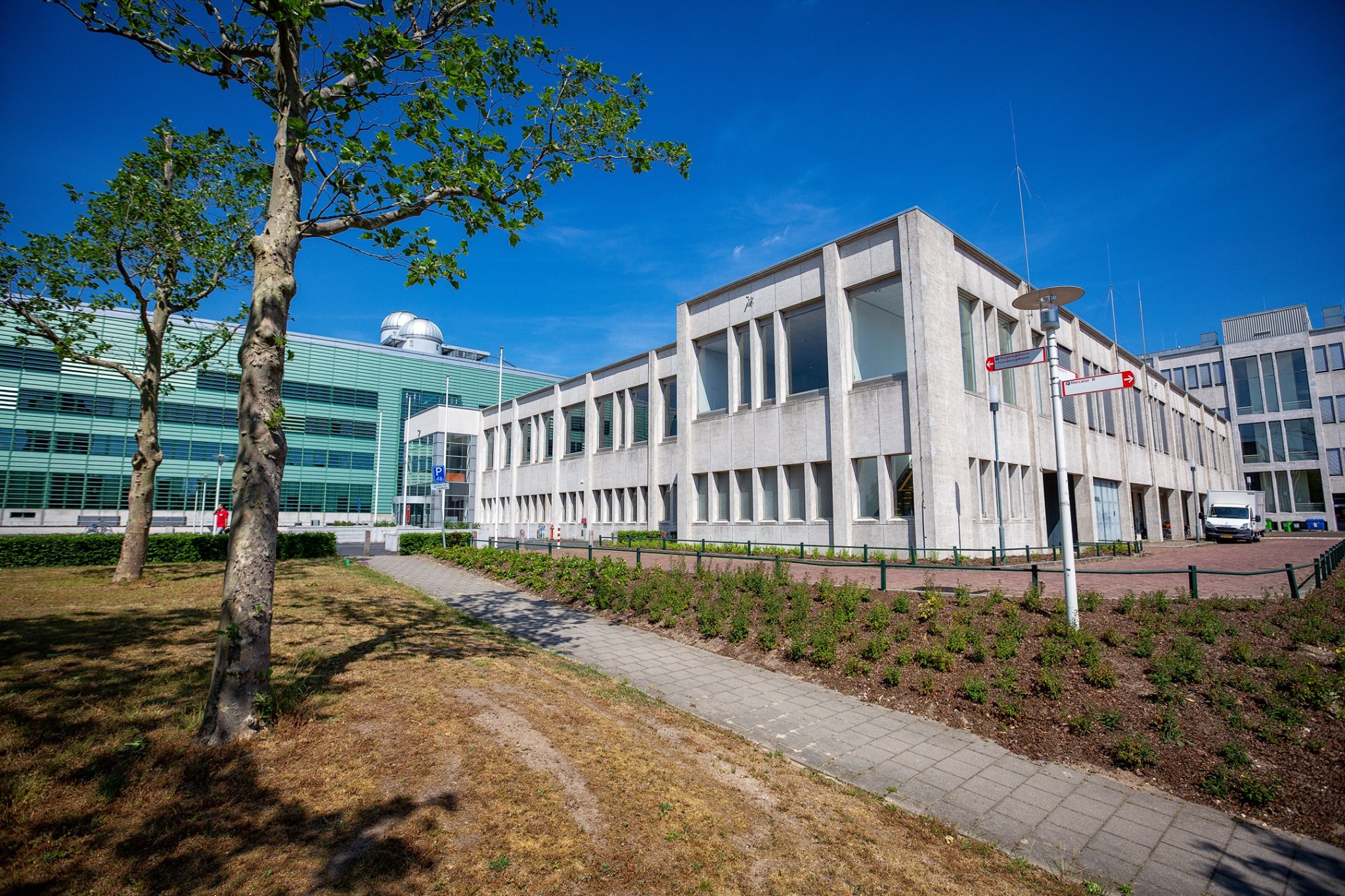
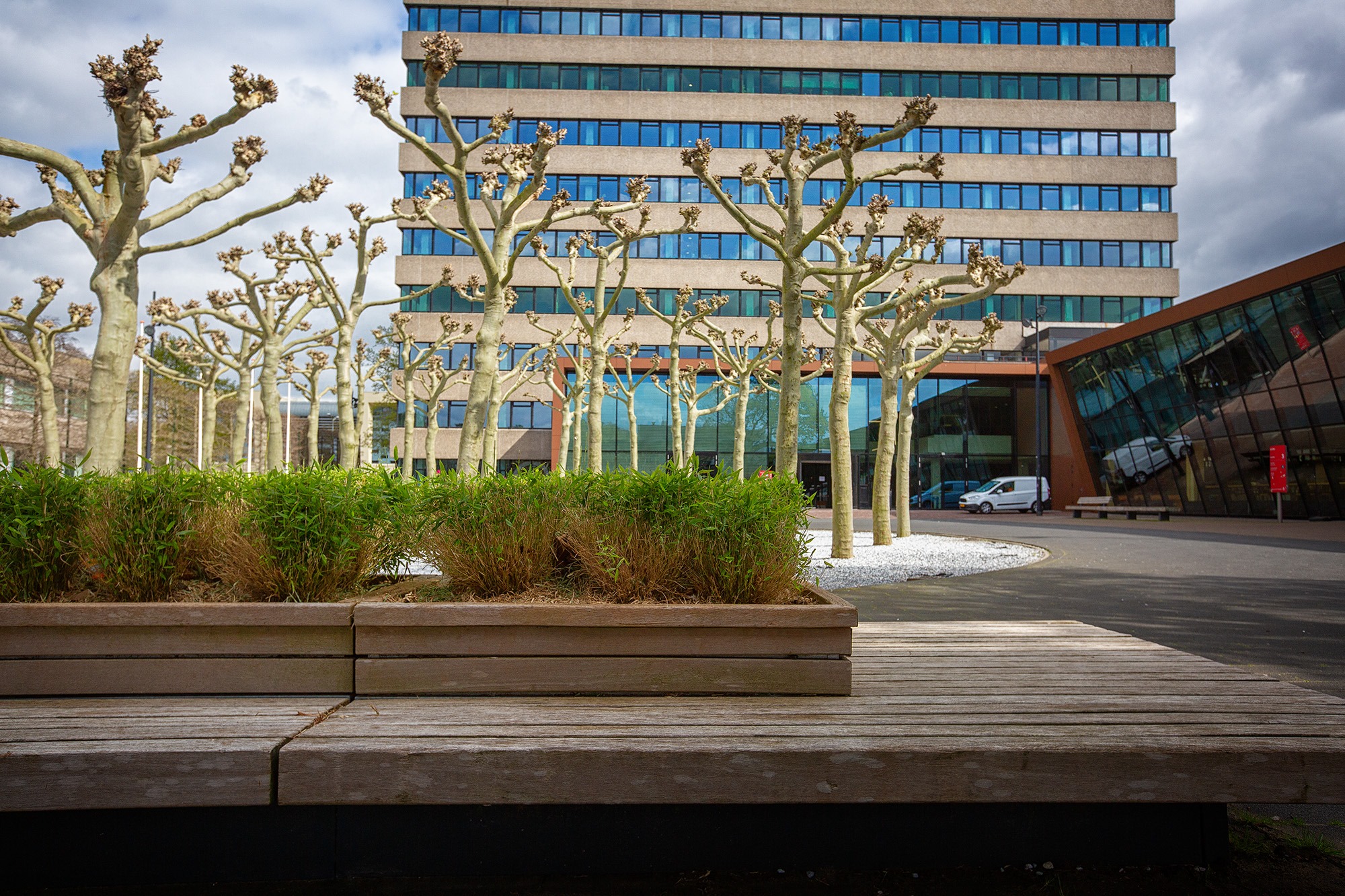



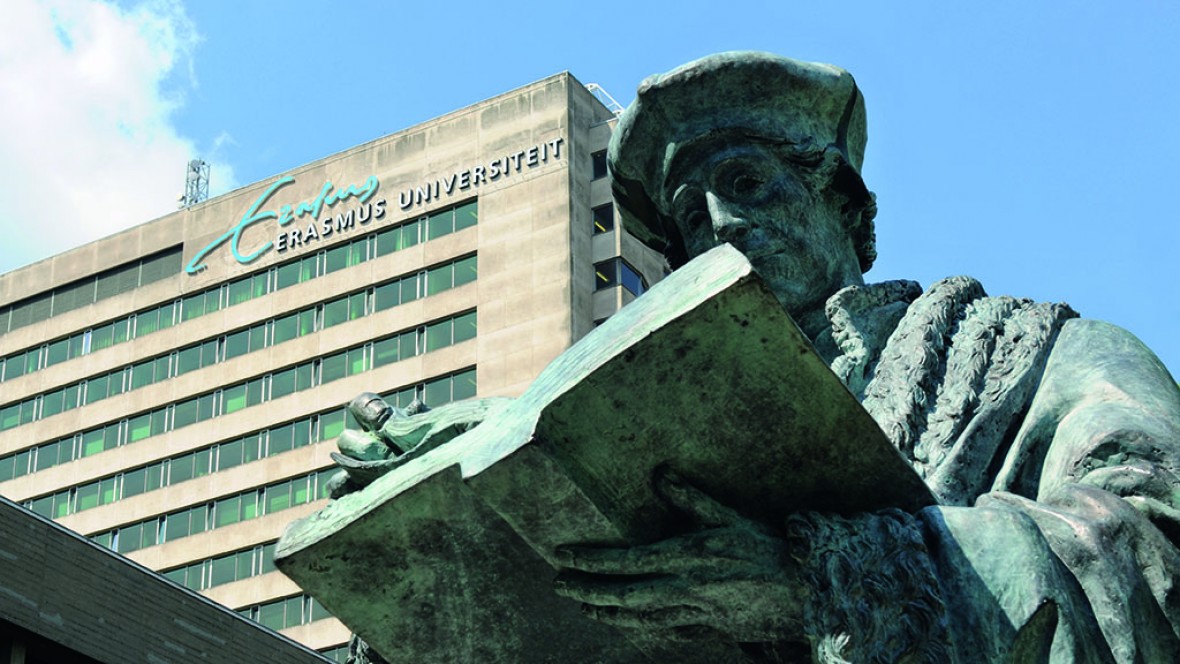
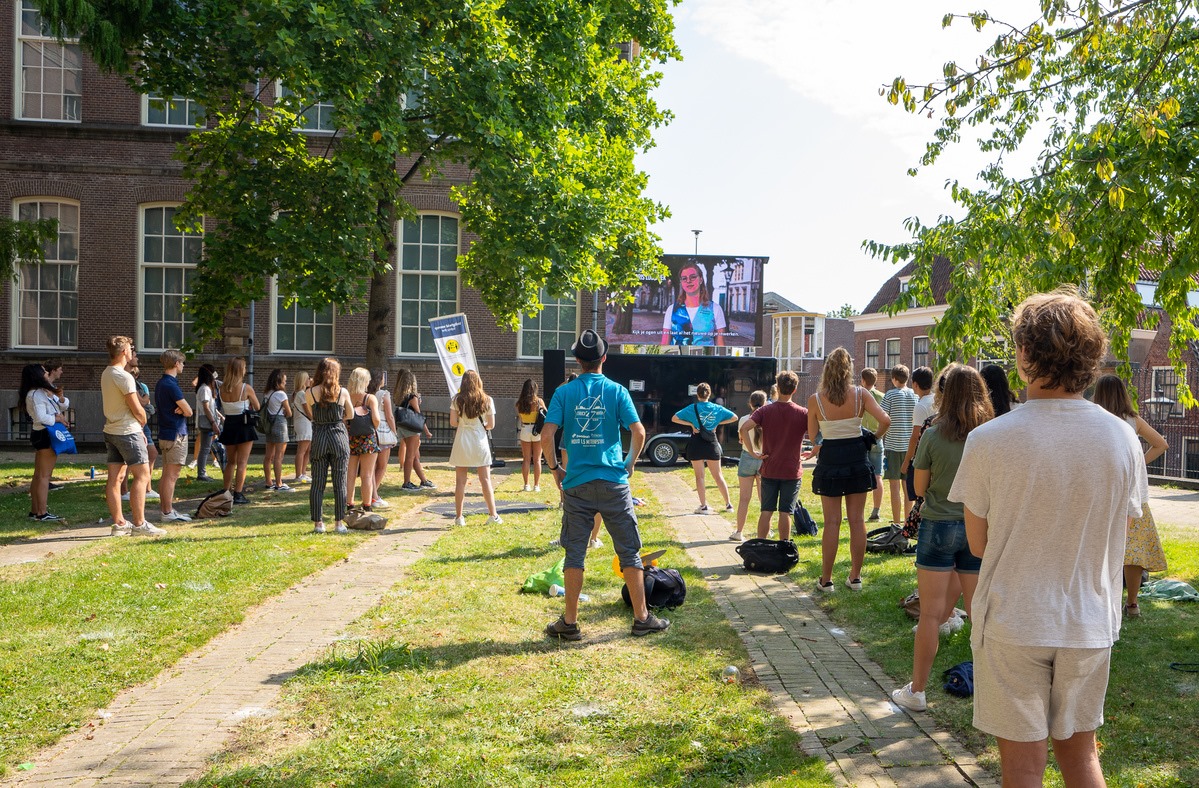

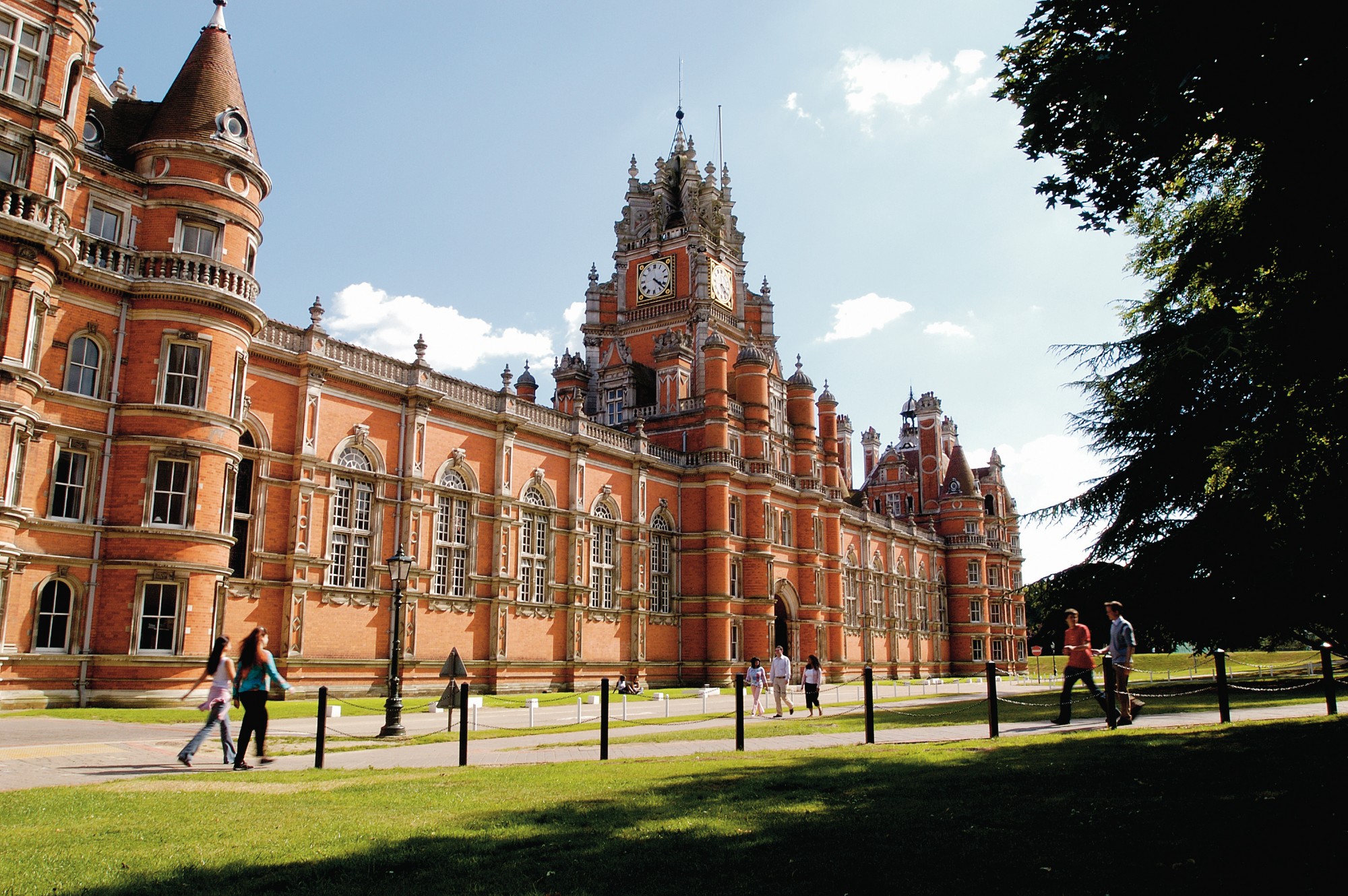
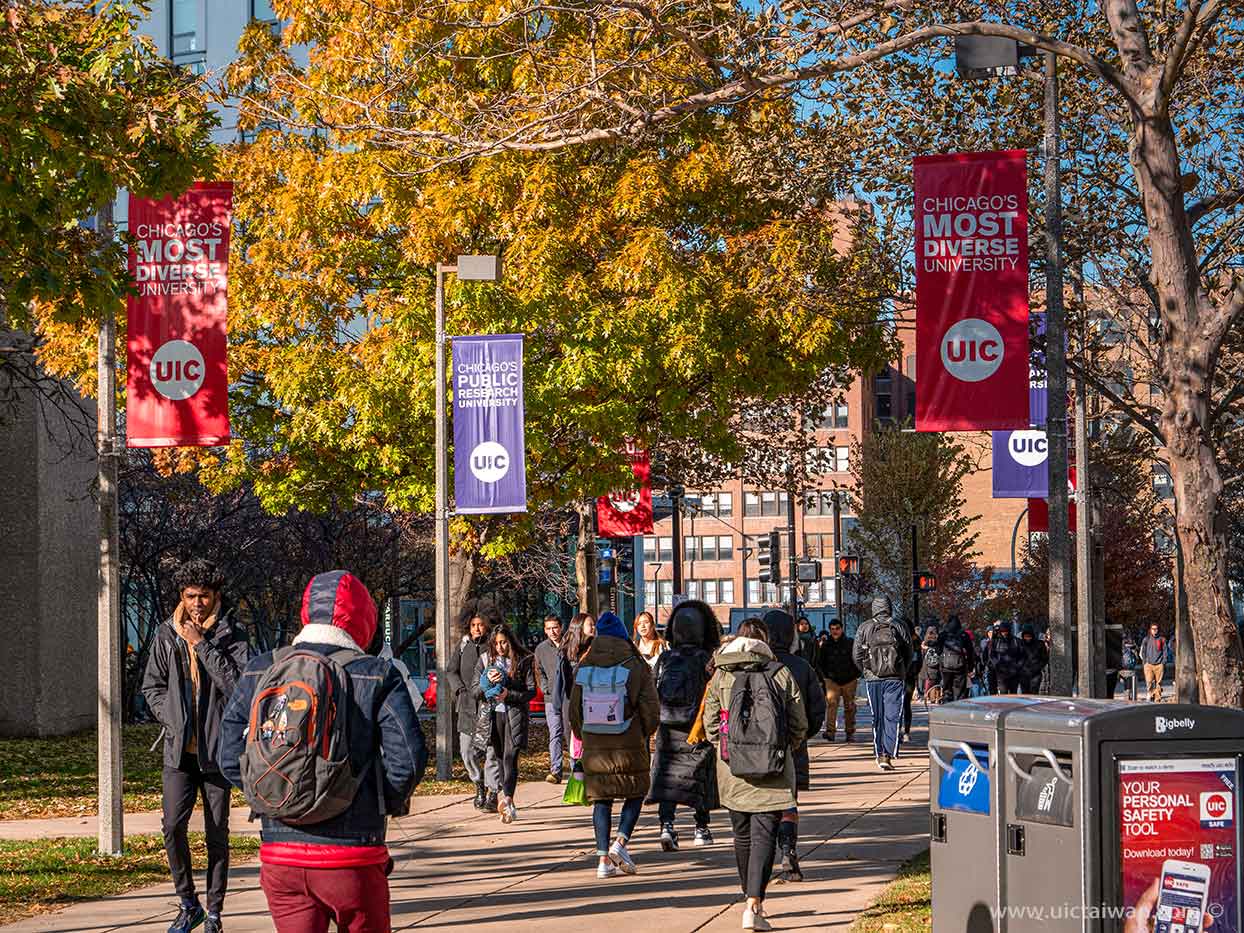






 Study in the USA
Study in the USA Study in Australia
Study in Australia Study in the UK
Study in the UK Study in the Netherlands/Ireland
Study in the Netherlands/Ireland Study in Canada
Study in Canada Conditional Admission
Conditional Admission



